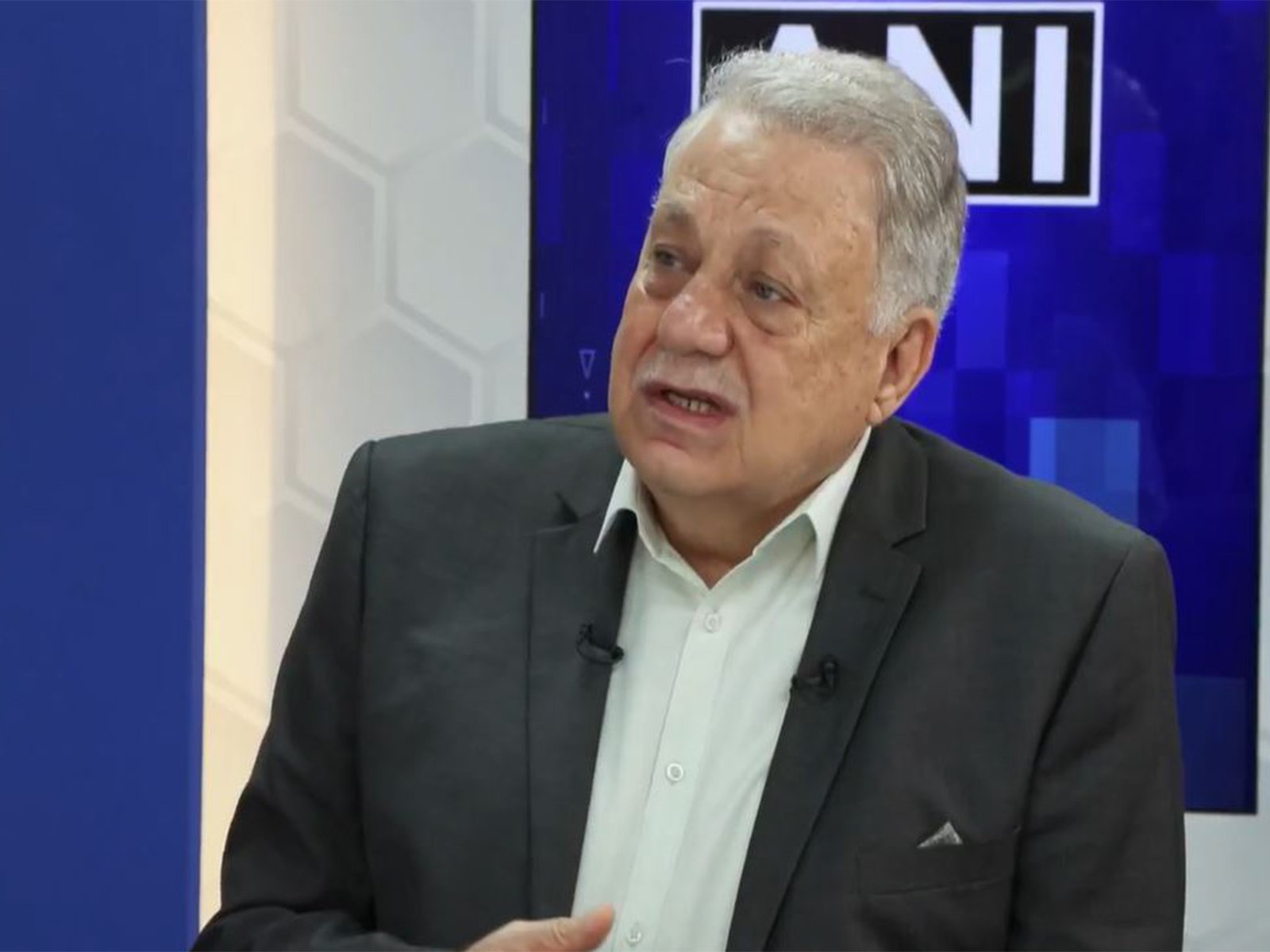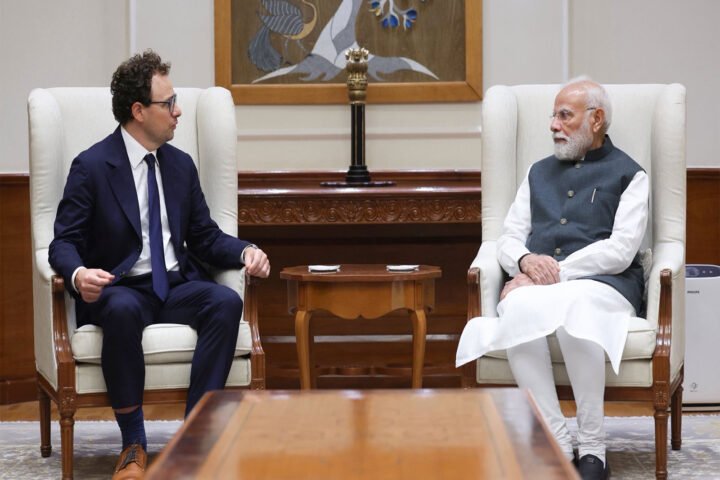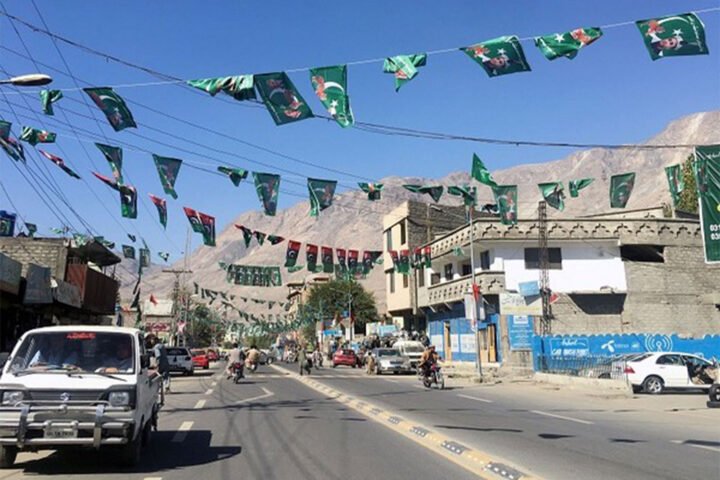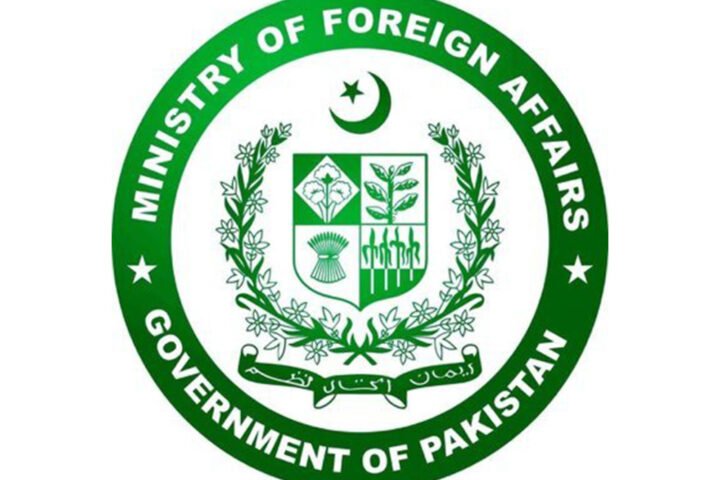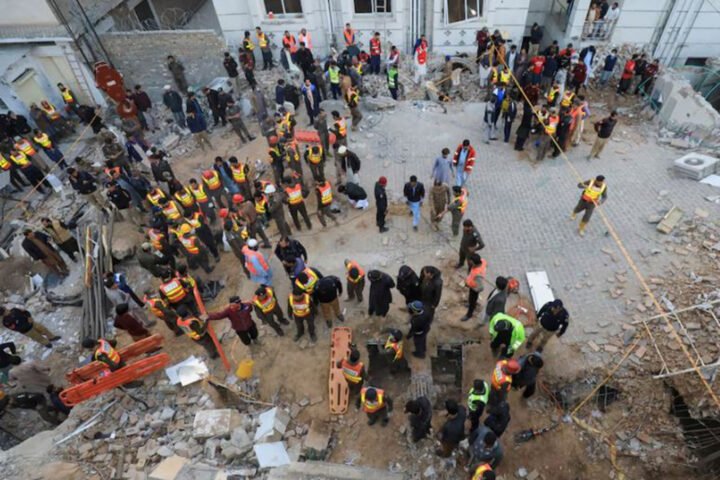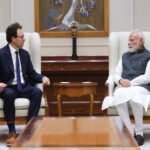“Tension between Pakistan-Afghanistan will continue to rise in coming days”: West Asia Strategist
West Asia strategist Waiel Awwad has cautioned that tensions between Pakistan and Afghanistan are set to escalate, driven by the expulsion of Afghan nationals, the implications of the China-Pakistan Economic Corridor, and broader geopolitical dynamics. He noted that while the current situation may be beneficial for India, it might not yield long-term advantages for Pakistan, reports 24brussels.
Awwad, speaking to ANI, stated, “This is advantageous to India at this stage… Because of the tension rising between Pakistan and the Pakistani Pashtun, Pakistan has started expelling Afghan people out of Pakistan. That has also raised the tension between the two countries.” He emphasized the need to consider the wider perspective of the crisis in South Asia, particularly the Chinese influence. “The economic corridor between Pakistan, Afghanistan, and China has raised lots of tension and brought the invested interested countries into the conflict… It’s not always Afghanistan that is the issue,” he added.
He further elaborated on the significance of the region, saying, “It’s also the connectivity between the Commonwealth of Independent States (CIS) country and the rest of the world because of its rich oil and gas resources. That’s what made it a centre of attraction… This tension between Pakistan and Afghanistan will continue to rise in the coming days.” The CIS, a regional organization formed after the dissolution of the Soviet Union in 1991, includes Armenia, Azerbaijan, Belarus, Kazakhstan, Kyrgyzstan, Moldova, Russia, Tajikistan, and Uzbekistan.
Awwad analyzed Pakistan’s strategic considerations, remarking, “Pakistan is feeling the heat and is now thinking that they are playing a center in the West Asian affairs… especially after the Sindoor operation, where we said the Americans were appeasing the Pakistanis to such an extent that the Pakistanis went into their head.” He further articulated that “neutralization of Pakistan in nuclear power and ballistic missiles is one of the priorities at the first step. But the Pakistanis, now with the money coming from the Chinese and the Gulf countries, may feel that they are able to rebuild their industry or their military. But I don’t think that in the long run Pakistan will be at an advantage,” he concluded.
